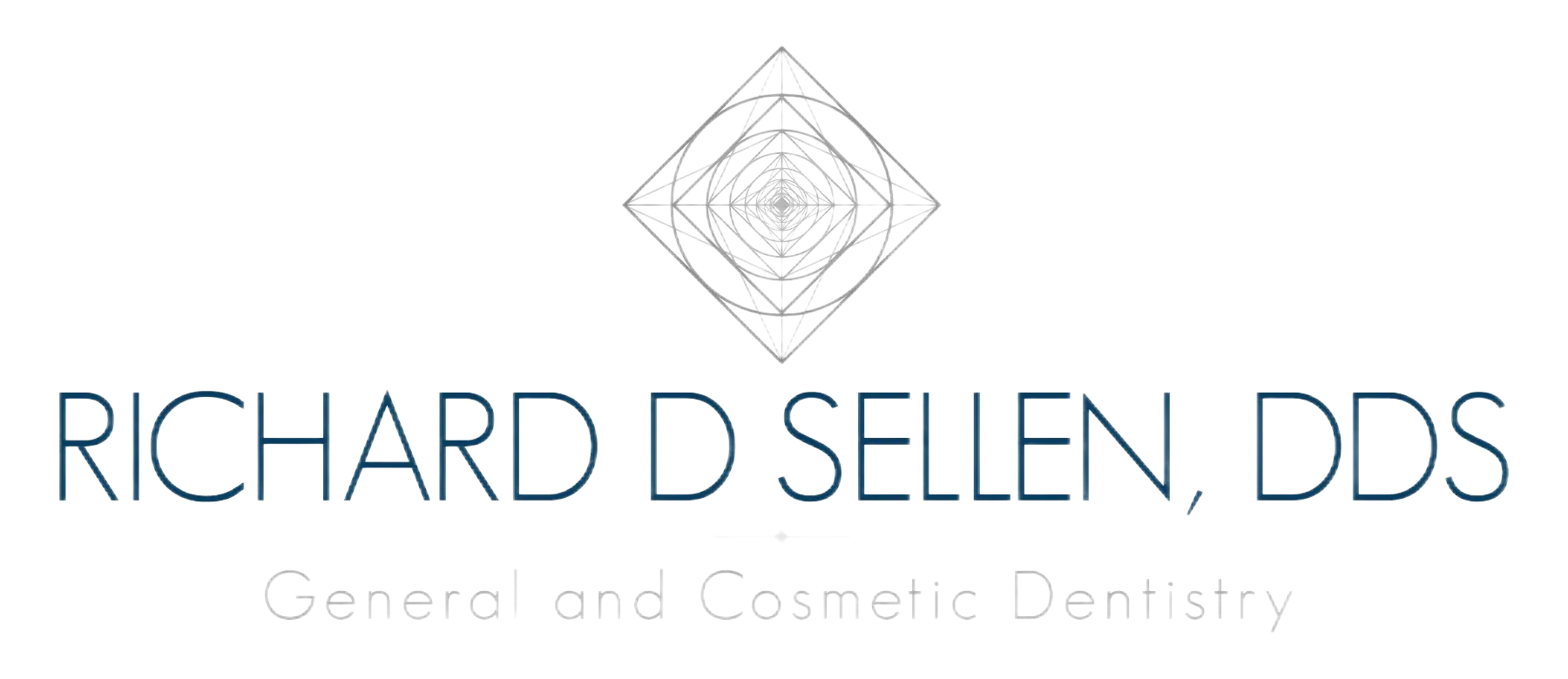Over the past 18 months, face masks have become an integral part of society in the effort to prevent the spread of Covid-19. Whether they’re cloth, surgical, or N95, every type of mask works to stop respiratory droplets from getting in the air and onto others when the mask wearer breathes, speaks, coughs, sneezes, etc.. Unfortunately, wearing a mask for a prolonged period can have some unfortunate side effects on the wearer.
This is called “mask mouth.”
“Mask Mouth” at a glance
Simply put, mask mouth refers to the different side effects wearing a mask can have on the oral health of the mask wearer. Some minor side effects include bad breath and dry mouth, but we have also noticed more serious issues like increased plaque and tartar, tooth decay, cavities, and gum disease.
What causes it?
There are a few factors contributing to the side effects of mask mouth, including:
Increased mouth breathing and disrupted breathing patterns: Recent studies have shown that wearing a mask does impact how you breathe. This mostly results in more rapid and shallow breathing from the mouth. In using your mouth to breathe, you are decreasing the amount of saliva in your mouth, which plays an important role in oral health by protecting you from cavities and gum diseases.
Air recycling: Wearing a mask does trap a bit more carbon dioxide in your mouth than usual. Although this slight increase poses absolutely no toxicological risk to you, it does affect the acidity of your oral microbiome. This elevates your risk for infections or inflammation somewhat.
Dehydration: Wearing a mask also results in you drinking less water than you normally would. This can dry your mouth out, which puts you at risk for having bad breath and tooth decay.
How can you prevent it?
Nobody wants mask mouth, but Covid-19 is significantly worse. As such, we cannot stress enough the importance of continuing to wear a mask and following proper social-distancing protocols. Thankfully, there are plenty of other things you can do to make sure you don’t get mask mouth.
- Continue with your oral health routine! Make sure you’re continuing to brush your teeth twice a day while also flossing.
- Keep your mouth fresh throughout the day. Having a mouthwash on you during the day can help freshen your breath while also killing bacteria. Just make sure you don’t use a mouthwash that dries out your mouth!
- Be vigilant with your gum and tooth health. Since wearing a mask does increase your risk of oral infection, you should stay vigilant and look out for sensitive teeth or gums. If you notice that anything is out of the ordinary, give us a call and schedule an appointment as soon as possible.
- Always use a clean mask. Replacing and/or cleaning your mask helps prevent bacteria growth. According to the CDC, you should wash your mask after each wear or change to a new one.
- Hydrate! Make sure you’re drinking lots of water throughout the day to prevent dry mouth. Also consider limiting the amount of coffee and alcohol you consume, as those can also dehydrate your mouth
Although mask mouth isn’t fun, it’s super easy to prevent just by taking the right steps and proper preventative measures.
~
Dr. Richard D. Sellen is a licensed dentist in Willow Glen, San Jose, California. If you are ready for a healthy and beautiful smile, head on over to our contact page or give us a call at 408.264.3133
More Blog Posts
Richard D. Sellen, DDS
Location
1600 Willow St #150,
San Jose, CA, 95125
Phone: (408) 264-3133Text Us: (408) 264-3133






